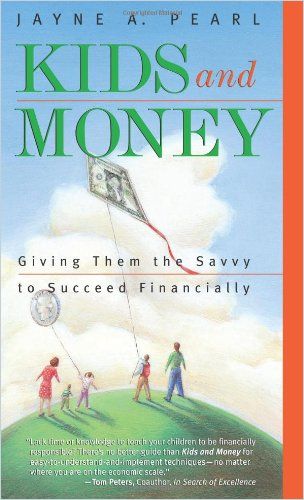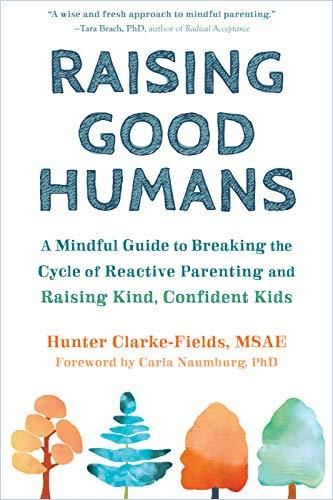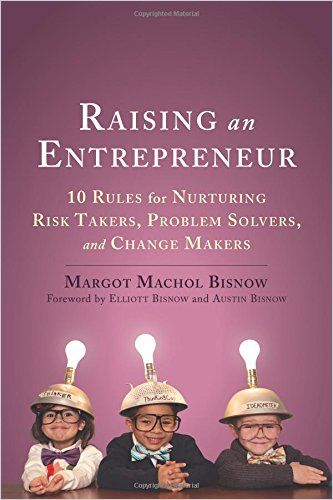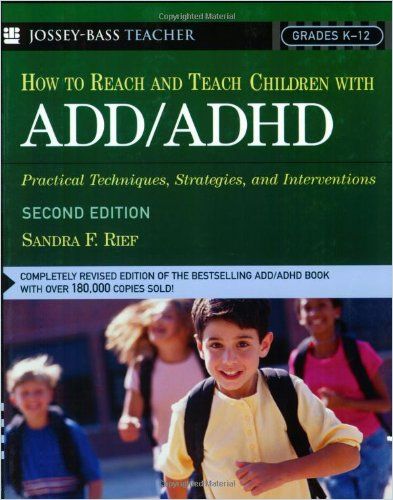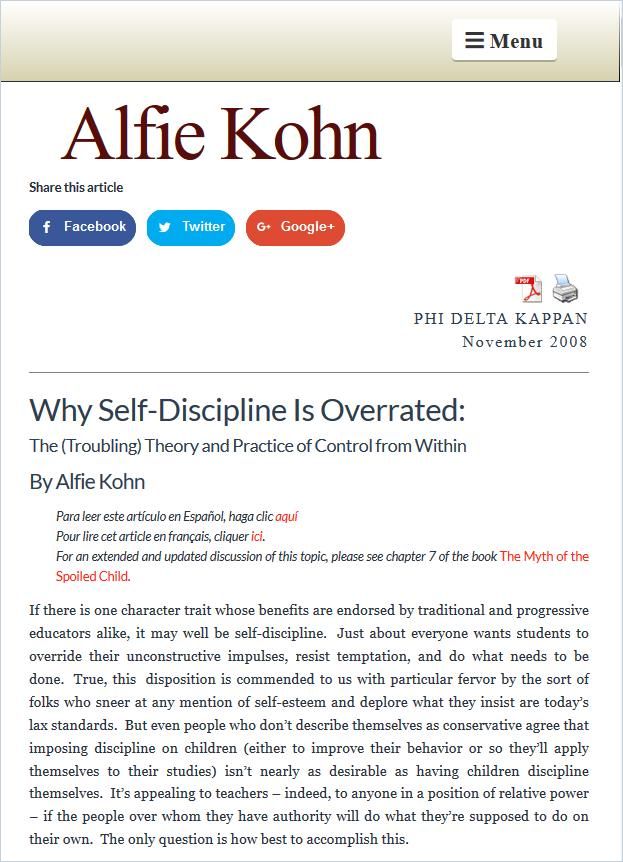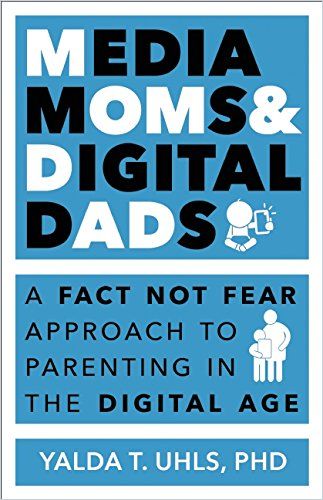Let’s Hear It for the Dads

Finally, after decades of slow change, the conversation around parenting is starting to include fatherhood and not focus solely on mothers. Culturally, it’s now more socially acceptable for men to be stay-at-home dads, especially if they become unemployed. As fathers share more child-rearing duties with their partners, they should keep a few things in mind:
1. All Parents Are Amateurs
Take a deep breath and remember: No one gets parenting exactly right 100% of the time. Minimalist Parenting authors Christine Koh and Asha Dornfest recommend making peace with making mistakes and adopting a learn-as-you-go attitude to raising children. Protect your productive work time and your family time by saying no to extra commitments, especially if you want to encourage a relaxed family style. Schedule time for you and your partner to spend time alone and also schedule unstructured time for your children to do what they like. They may become bored: Let them be. This encourages their imaginations.
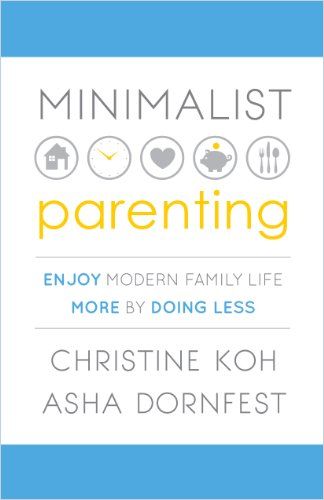
Divide household chores with your partner and give your kids some chores when they’re older. Put school day schedules on “autopilot.” This keeps your day sane and gives kids the structure they need to do well. Set aside time for yourself so you have the equanimity to deal patiently with your children.
Involving children in home management may seem like more work at first, but it’s as close to a parenting ‘sure thing’ as you can get.
Christine Koh and Asha Dornfest
2. Hands-On Parenting is Better for Kids, But It Also Enhances a Father’s Sense of Well-Being
Attentive fathers help kids develop self-esteem and other good traits, but a close paternal bond also makes fathers feel good. In a lively conversation hosted by the Aspen Institute, panelists Kai Ryssdal, Hanna Rosin, Mark Oppenheimer and Kay Hymowitz talk about the shifting perceptions of fatherhood and how parents can share more equally in both the burdens and rewards of child-rearing. While couples likely won’t achieve absolute parity when it comes to sharing household responsibilities, they can strike a good balance by dividing chores up depending on who does what better.

Gay couples operate without a lot of gender baggage…so they make [household] decisions based on a clean slate. Who makes more money? Who’s good at that? Who wants to do it more?
Kai Ryssdal, Hanna Rosin, Mark Oppenheimer and Kay Hymowitz
3. The Business Skills You’ve Honed Will Come in Handy at Home
Especially employ your soft skills. When men are competent at work, say authors Tom and Julie Hirschfeld in Business Dad, they are understandably tempted to spend more and more time there, because it’s often richly rewarded. But your kids need you at home. This can be scary as there are no mentors, no training programs and few role models for being a great dad.
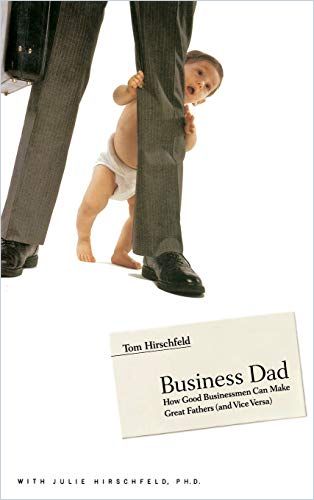
You can manage things at home in the same way you manage things at the office:
- Gather information by staying informed about what’s going on in your family.
- Keep an eye out for potential problems and act proactively when you see them brewing.
- Employ your creative thinking skills and flexibility when dealing with the chaos of family life.
- Remain cool and competent in the face of crisis.
- Utilize your time management and delegation skills.
- Be a mentor to your kids, remain tolerant and be just when meeting out discipline.
Above all, treat your kids with respect, especially when it comes to negotiating compromises. Communicate your family’s values. Your family will come to trust you as you provide leadership in fulfilling the vision you share together. Remember, kids need love, acceptance, self-esteem and stability.
[Fathers are] desperately needed as equal partners in child-rearing, in providing that warm, structured upbringing that could make the difference down the line between Yale and jail.
Tom Hirschfeld and Julie Hirschfeld
4. Engage and Play with Your Children on Their Level
Human interaction is a basic human need. To help your children engage with the world, Stanley I. Greenspan recommends in Great Kids that you get on the floor with them to play at their level. Follow their lead and encourage them in their interests. When they’re older, time on the phone or spent driving replace that “floortime” experience, when kids derive comfort from your attention and the sound of your voice. Be patient with kids who are over sensitive or have trouble settling down.
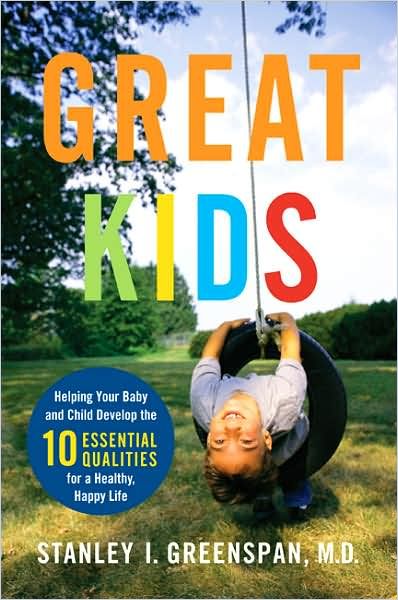
Teach your kids empathy by acknowledging their emotions. When they’re little you can comfort them by rocking them and saying “I know, I know.” Let them see you have emotions too. Help them grow their curiosity by asking them questions. Mainly, keep them safe as they pursue their curiosity. In “The Case for Analog Skills in a Digital Age,” Sara Kupfer reminds parents that digital technologies can undermine the development of the very skills children need to learn to be most successful in their future, like creativity and empathy.
A reflective child with an internal standard is able to explore her own thoughts, behavior and judgment.
Stanley I. Greenspan
5. The Internet Never Forgets; Give Your Kids Guidance About Social Media
In Sharenthood, author Leah A. Plunkett advocates for safe digital spaces for kids to play in, where they can make mistakes and experiment the way kids do in physical spaces, rather than having their data follow them around and define them for the rest of their lives. She warns parents against sharing information about their children on social media, and opens readers eyes to the great extent their children’s digital information is exploited. The EU gives internet users the right to erase their information. Also, you might want to limit the time kids spend on social media as it weakens their ability to focus.
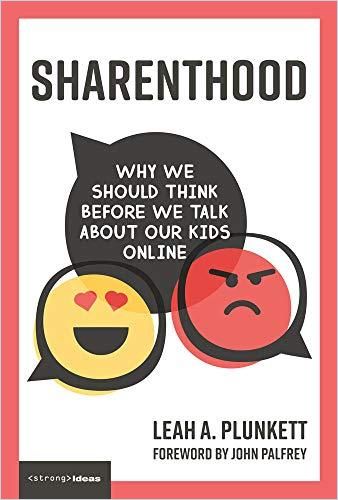
How can our kids and teens discover who they are when we adults are tracking them, analyzing them and attempting to decide for them – based on the data we gather – who they are and should become?
Leah A. Plunkett
6. Long-Distance Parenting Requires Even More Commitment to Maintaining Bonds
Kids who grow up in homes without fathers have more mental health issues and are more likely to drop out of school, get pregnant, use drugs or commit crimes than children who maintain a relationship with their dads, writes Steven Ashley in The Long-Distance Dad. Don’t let distance keep you from being a good parent. If divorced, above all, maintain a civil relationship with your children’s mother. Anything less just harms your kids. Whether separated by business, deployment or divorce, fathers who care about maintaining a strong relationship with their children will do what is right for their little ones.
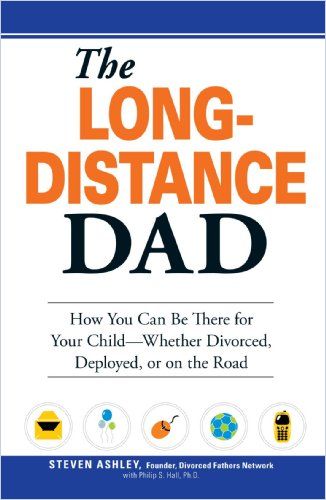
- Have a reassuring conversation with your child before you have to separate.
- Tell them when you will get in touch and when you’ll return.
- Phone calls or emails while you’re away mean a lot.
- Call after important events if you can’t be there.
If you’re a divorced parent, try to maintain the same schedule for your kids when they’re with you. Above all, don’t miss an appointment you’ve made with your child; that is particularly painful to them.
While you might convince yourself the extra time you devote to your job which keeps you away from your kids is for their benefit, they won’t see it that way. What they want most from you is your time. Remember, they won’t always be little. If the problem is your boss, ask if you can work longer hours on some days of the week to free up more time to spend with your children.
It’s the long-distance dad’s job to reassure his children that he will remain in their lives.
Steven Ashley
7. Spend Your Time with Your Kids, Not Necessarily Your Money
In Not Buying It, Home Economist blogger Brett Graff reminds parents that kids don’t need a big house or designer clothes as much as they need your time and attention. The gift that is consistently shown to pay dividends for your children is a good education, so if you want to spend big, think college. However, studies show that whether your kids attend private or public schools, the most successful students have involved parents.
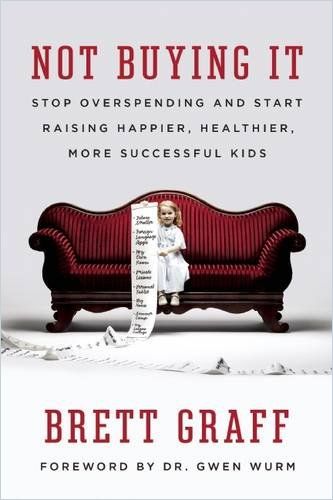
There is no correlation between the amount of money spent on a child and the quality of person she becomes.
Brett Graff
8. Men Who Want to Spend Less Time at Work and More Time with Their Children Are Leading a Cultural Shift
As journalist Emily Bobrow points out in her article “The Man Trap,” social expectations of parenthood don’t just hurt women, they hurt men too. Although they lose out on pay and promotion, society generally praises women who cut back on their working hours to spend time with their kids, while penalizing men who want to do the same. Because fathers with access to paternity leave and flexible hours are less likely to take advantage of them, the cycle continues.
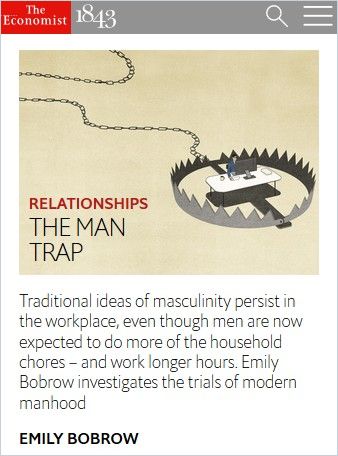
Women rightly complain that they are often shunted onto a mommy track with lower wages, fewer promotions and less prestige, whether they like it or not. But many men are just as frustrated by the elusiveness of a daddy track.
Emily Bobrow
Higher income fathers should join other parents in the call for a sane work/life balance. They can set an example by taking parental leave when their children are born, and asking for flexible time in their work schedules to spend more time with their kids. Fathers might want to join with mothers as they unite for better protections for families.
Read more parenting advice here:
And look through our Parenting channel:


